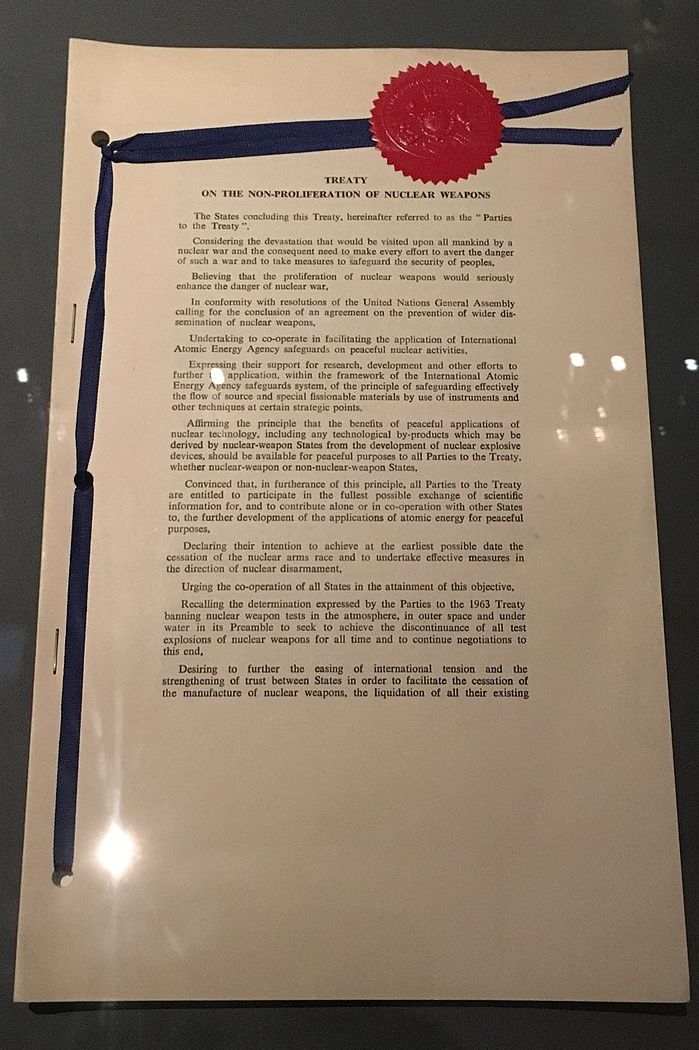Sponsored Content
Nuclear Non-Proliferation Treaty Conference Ends Without Result
The four-week Nuclear Non-Proliferation Treaty (NPT) Review Conference in New York ended inconclusively. The conference failed to implement its disarmament commitments in the face of strong opposition from nuclear-armed states. In the end, Russia vetoed even the minimal result of a joint final declaration. Austria also reacted with disappointment to the inconclusive ending.
 The inability of states parties to reach consensus at this RevCon does not change the crucial importance of the NPT. / Picture: © Wikimedia Commons, Marc Baronnet, CC BY-SA 4.0
The inability of states parties to reach consensus at this RevCon does not change the crucial importance of the NPT. / Picture: © Wikimedia Commons, Marc Baronnet, CC BY-SA 4.0
While more than three-quarters of the 191 NPT signatories were committed to credible progress on nuclear disarmament, it was mainly the nuclear-armed states, led by Russia, that opposed it. In contrast to the disarmament commitments enshrined in the NPT, all five nuclear-armed states-the United States, France, China, the United Kingdom, and Russia-are increasing or improving their…
or Log In
Fast News Search





